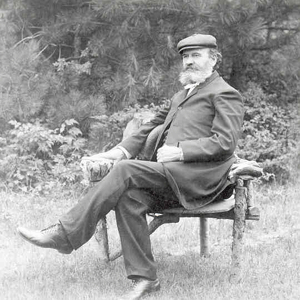A Quote by Arthur Conan Doyle
The ways of fate are indeed hard to understand. If there is not some compensation hereafter, then the world is a cruel jest.
Related Quotes
Due to his own original special nature, the Jew cannot possess a religious institution, if for no other reason because he lacks idealism in any form, and hence belief in a hereafter is absolutely foreign to him. And a religion in the Aryan sense cannot be imagined which lacks the conviction of survival after death in some form. Indeed, the Talmud is not a book to prepare a man for the hereafter, but only for a practical and profitable life in this world.
The question we should be asking is not why people are sometimes cruel, or even why a few people are usually cruel (all evidence suggests true sadists are an extremely small proportion of the population overall), but how we have come to create institutions that encourage such behavior and that suggest cruel people are in some ways admirable-or at least as deserving of sympathy as those they push around.
It was a cruel fate, Yet not so cruel as Mago's will be. I promise you that, by the old gods and the new, by the lamb god and the horse god and every god that lives. I swear by the Mother of Mountains and the Womb of the World. Before I am done with them, Mago and Ko Jhaqo will plead for the mercy they showed Eroeh.






































